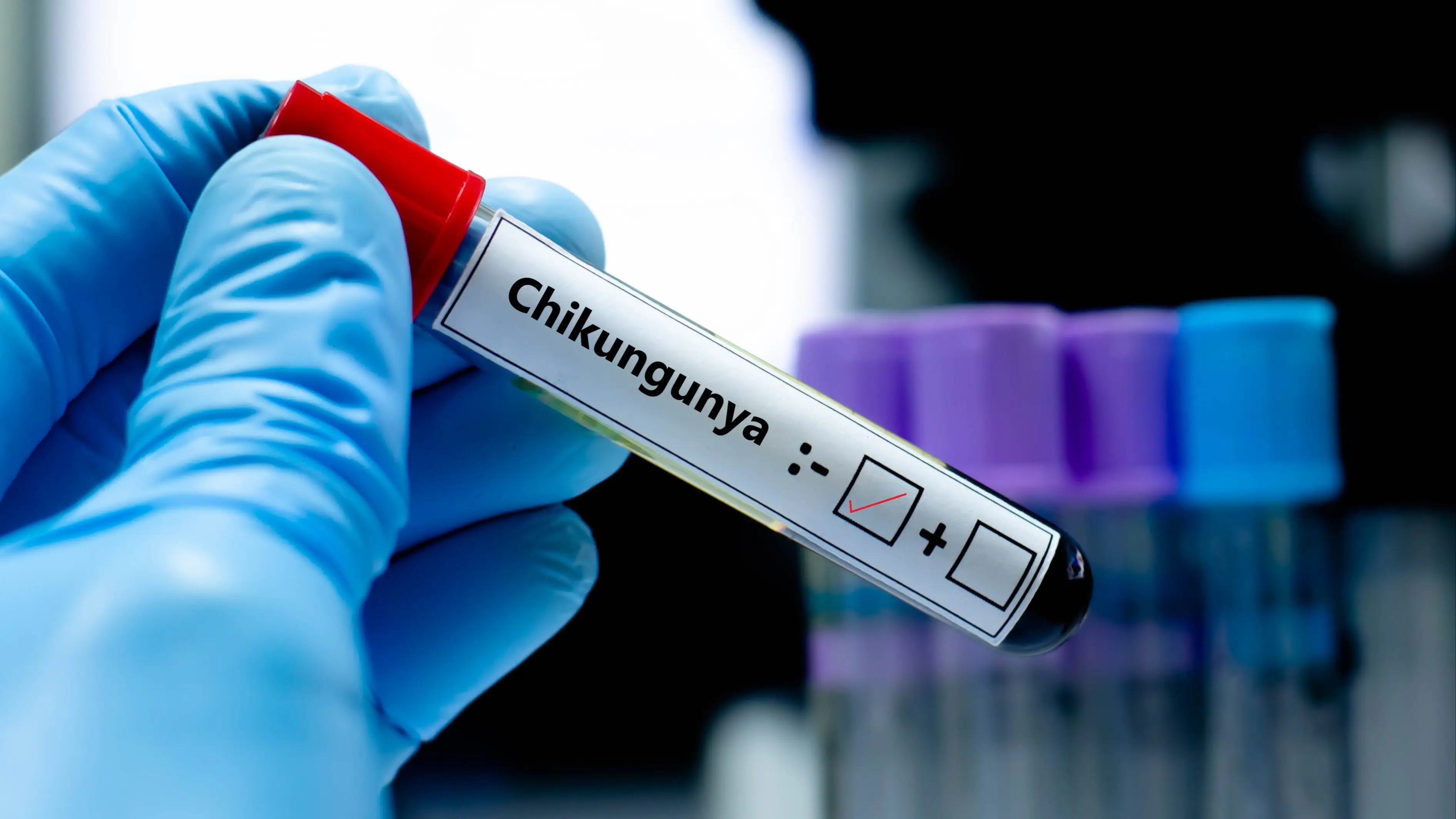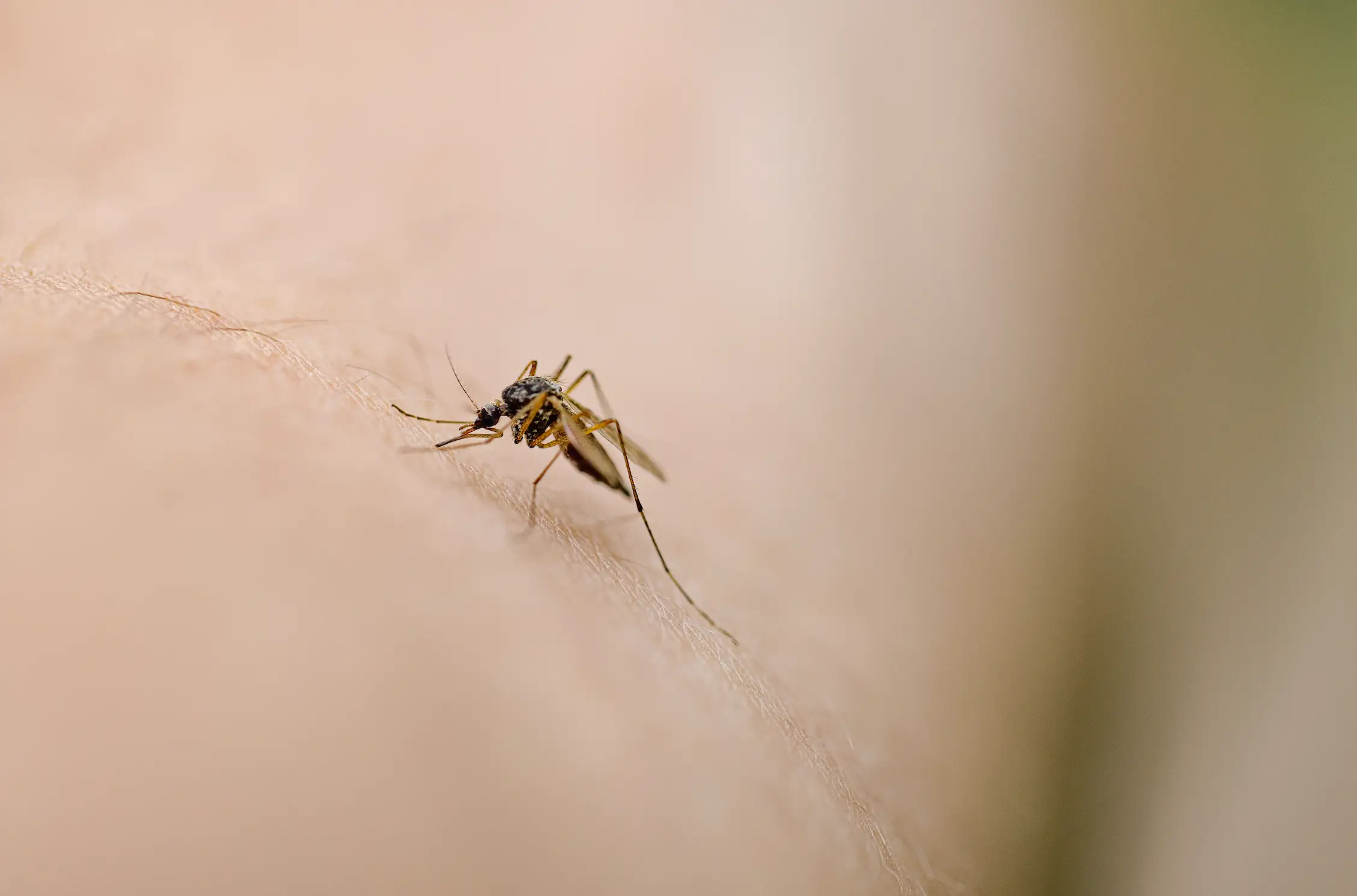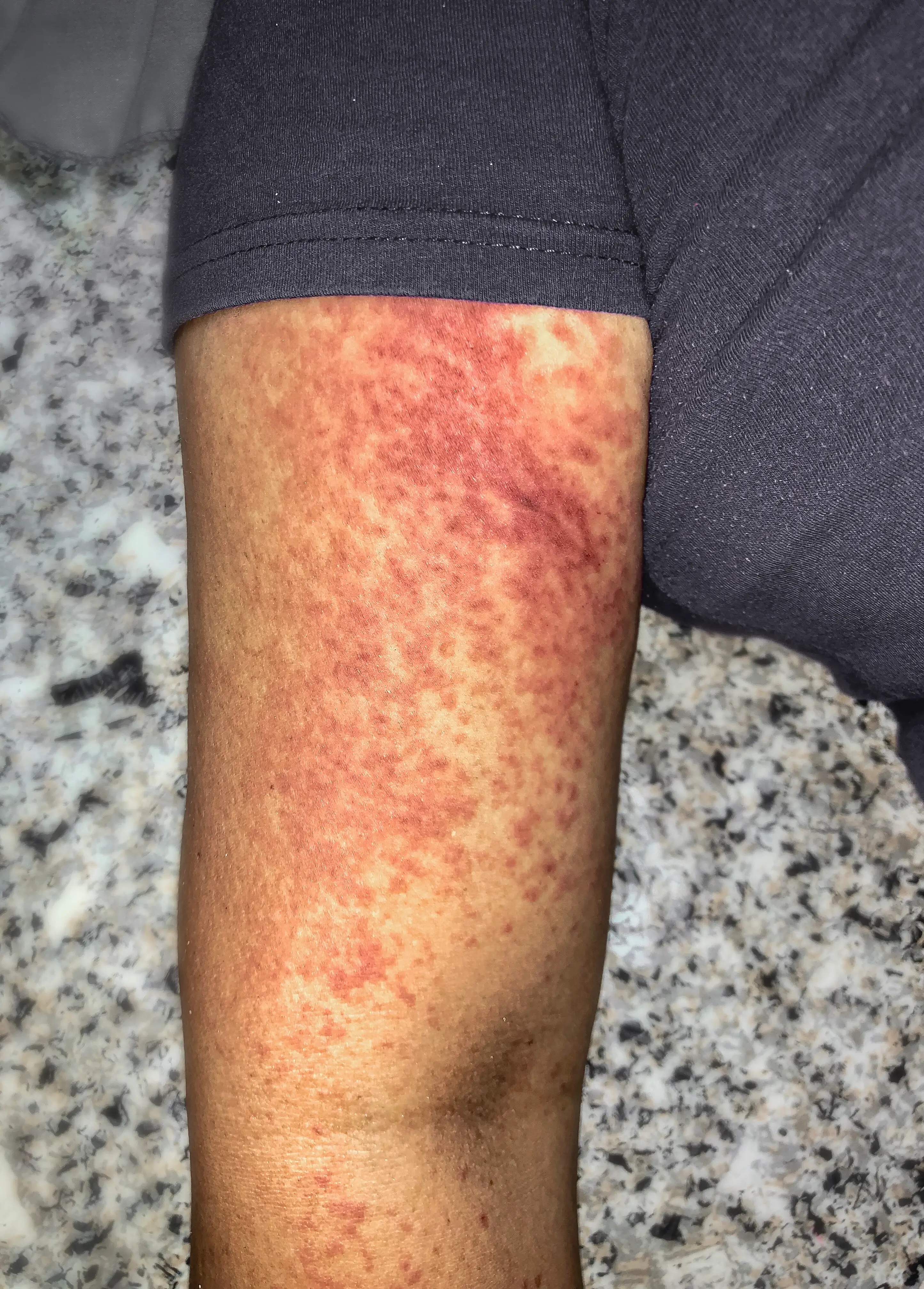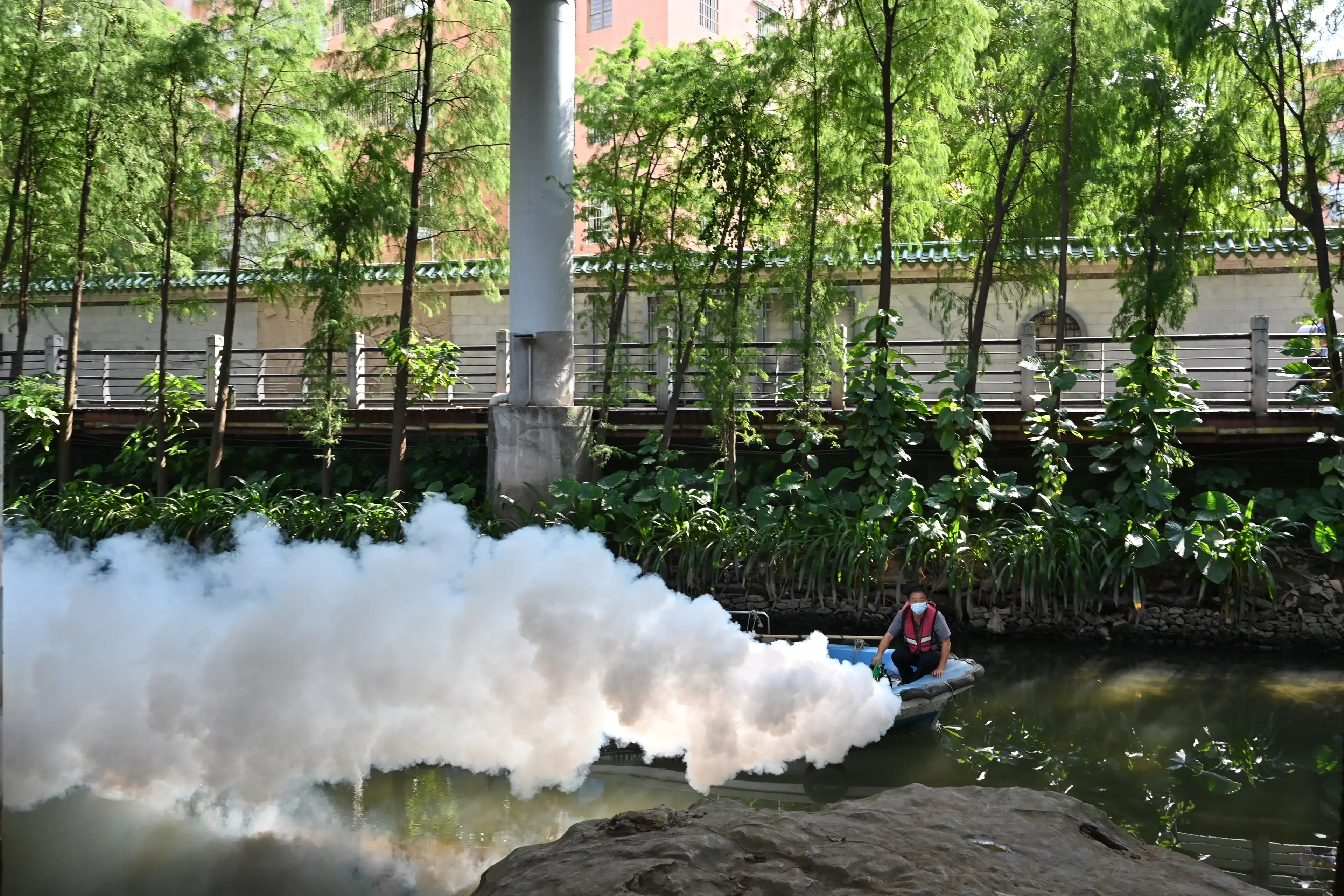Doctors are attempting to raise awareness of a mosquito-borne illness that appears to have spread from China to the United States.
This week, a resident of New York became the first in the entire United States to test positive for 'Chikungunya virus' in over six years.
According to NBC, the Nassau County, Long Island local began experiencing early indicators of the unnerving condition back in August, when they travelled outside of the state, but not out of the country entirely.
The means by which they contracted 'Chikungunya virus' has not yet been determined by medical professionals.
For those unfamiliar with the condition, its name derives from a word in the Kimakonde language of southern Tanzania - where the virus was first identified in 1952 - meaning 'that which bends up'.
The disease is spread via mosquito bite (Getty Stock Image) As such, it is said to describe the contorted posture often exhibited by sufferers of the virus, who battle severe joint pain as a result of being bitten by an infected mosquito.
According to the Center for Disease Control and Prevention, joint inflammation is one of the most common symptoms of the illness, along with a throbbing headache, muscular agony and a rash. It can also inflict both nausea and fatigue onto patients.
These side effects usually emerge between 3-7 days after a patient has been bitten by an infected mosquito.
The World Health Organization (WHO) adds, however: "In symptomatic patients, CHIKV disease onset is typically 4–8 days (range 2–12 days) after the bite of an infected mosquito.
"It is characterised by an abrupt onset of fever, frequently accompanied by severe joint pain."
The condition has been known to cause joint pains and a rash (Getty Stock Image) Whilst the majority of patients are understood to recover from their frustrating symptoms within this timeframe, the agony caused by the inflammation of joints has been known to leave some sufferers bed bound for several months - in some of the most severe cases, this symptom can disable patients.
Though 'chikungunya virus' rarely causes death, medics are using their platforms to emphasise that some groups within society are especially vulnerable when it comes to its potentially-debilitating effects.
This reportedly includes newborns, older adults, and those battling other long-term health conditions, such as high blood pressure and diabetes.
Individuals in the latter group may require hospitalisation if diagnosed with Chikungunya virus, however, due to the risk of organ damage inflicted by the condition, the WHO also emphasises: "Once an individual has recovered, available evidence suggests they are likely to be immune to future Chikungunya infections."
Health officials in China have attempted to prevent the spreading of the virus (Chen Chuhong/China News Service/VCG via Getty Images) Despite first being identified in Africa, due to its recent prevelance in China, officials in Asia have attempted to introduce a series of measures in a bid to protest at-risk individuals.
This includes the clearing of stagnant water to prevent the spread of mosquitoes, as well as the installation of screens on doors and windows, to stop the insects from entering residents' homes.

 Rhianna Benson
Rhianna Benson

